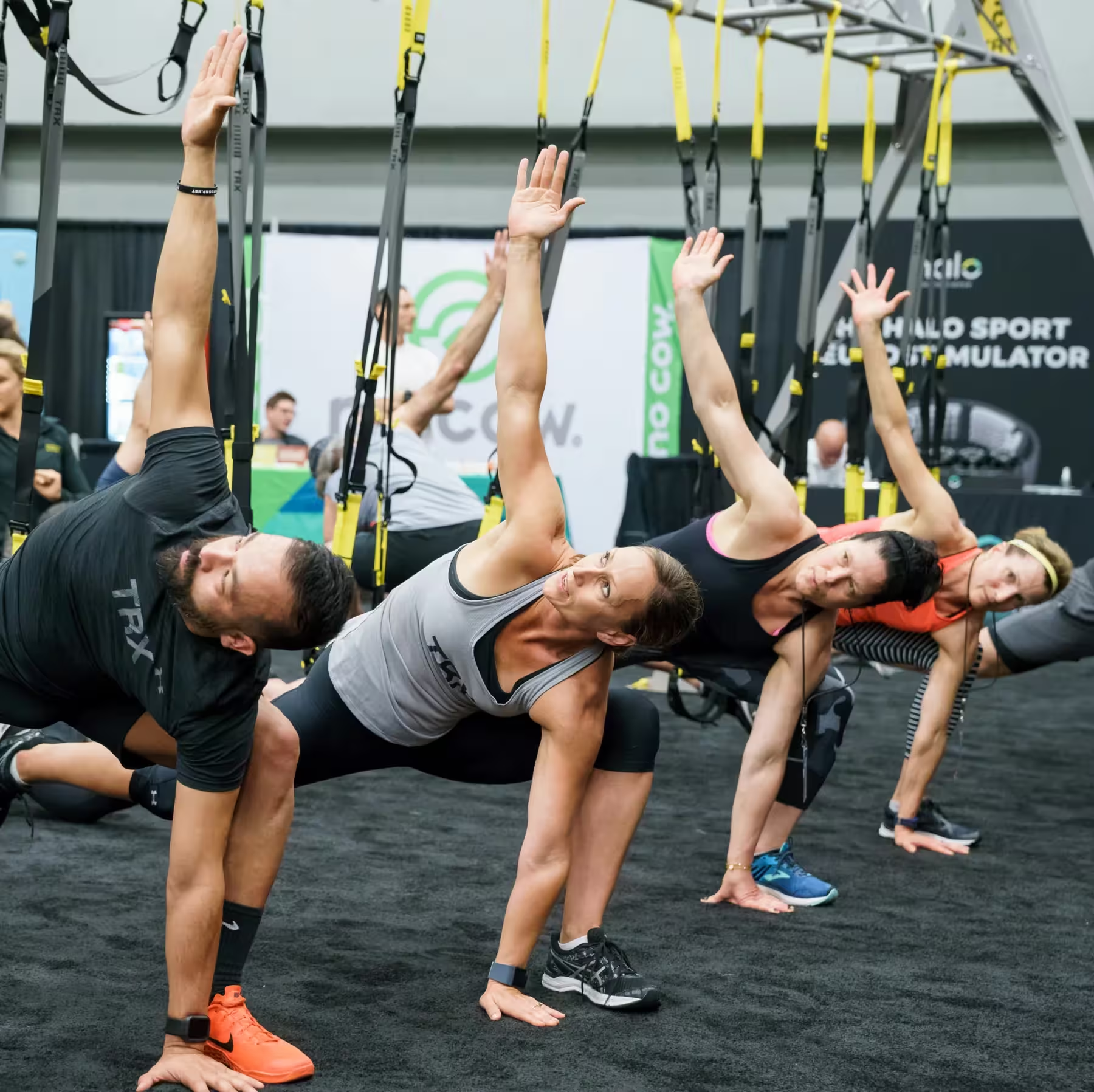Home
Fitness

TRX is a fitness brand renowned for its suspension training system that leverages bodyweight to build strength, balance, and mobility. Used by athletes, military personnel, and everyday exercisers, TRX offers portable, scalable workouts for all fitness levels. It’s functional training designed to move with you—anytime, anywhere.
Direct-to-consumer (D2C or DTC) fitness brands are companies that sell workout gear, apparel, equipment, and wellness products directly to consumers, primarily through online platforms. This model allows these brands to offer innovative, high-quality products at competitive prices by cutting out the middleman.
Brands like Peloton and Gymshark have disrupted the traditional fitness industry by creating strong online communities and leveraging social media to engage directly with their customers. These brands emphasize not just the quality and functionality of their products but also the lifestyle and community aspect of fitness, encouraging a holistic approach to health and well-being. The D2C model fosters a closer relationship between the brand and its consumers, enabling direct feedback and rapid adaptation to fitness trends and consumer needs.
Among the best direct-to-consumer fitness brands, Peloton stands out for its innovative approach to home exercise, offering high-end exercise equipment integrated with live and on-demand workout classes. Gymshark has made a name for itself with stylish, performance-oriented workout apparel that has garnered a massive following among young fitness enthusiasts.
These brands excel not only through their product offerings but also by creating an engaging community experience, providing motivation, and fostering a sense of belonging among their users. They have effectively utilized digital marketing and social media to build brand loyalty and encourage a continuous dialogue with their customer base. Their success illustrates the power of combining quality fitness products with a strong community focus, setting a new standard in the fitness industry.
The direct-to-consumer fitness category is witnessing several prominent trends, reflecting changes in consumer behavior and technological advancements. There's a growing emphasis on holistic health, with brands offering products and services that address physical, mental, and emotional well-being. The integration of technology, especially through fitness apps and smart equipment, is another significant trend, providing users with personalized workout experiences, tracking, and interactive classes. Additionally, sustainability is becoming increasingly important, with consumers favoring brands that use eco-friendly materials and practices. These trends highlight a shift towards more personalized, tech-integrated, and environmentally conscious fitness solutions, demonstrating the D2C fitness industry's adaptability and commitment to meeting the evolving needs of today's health-conscious consumers.